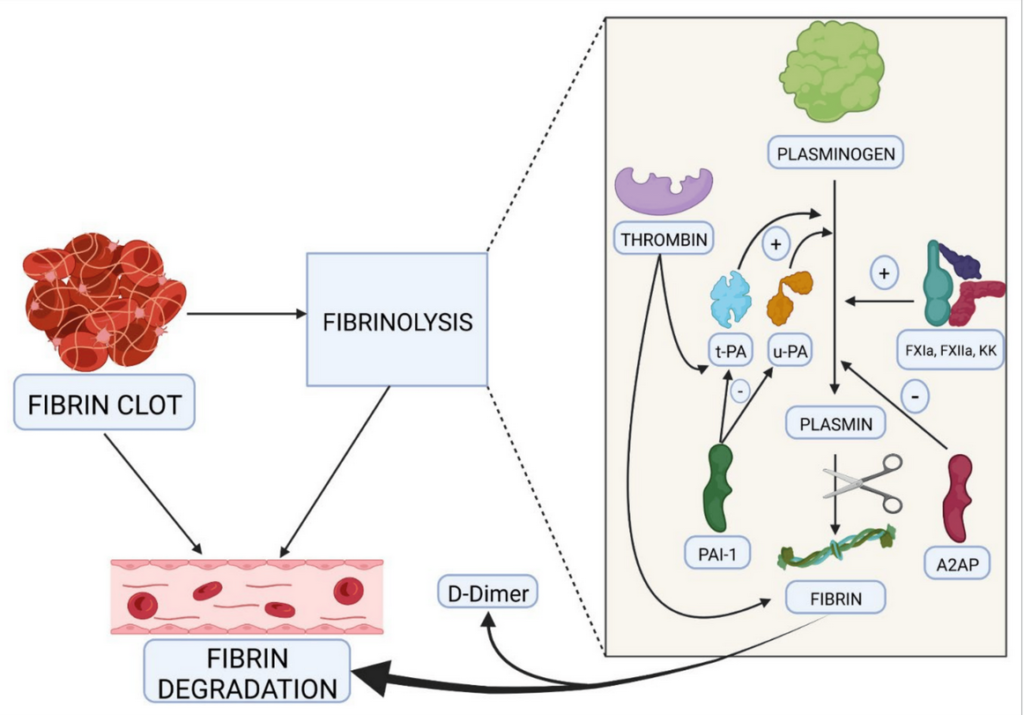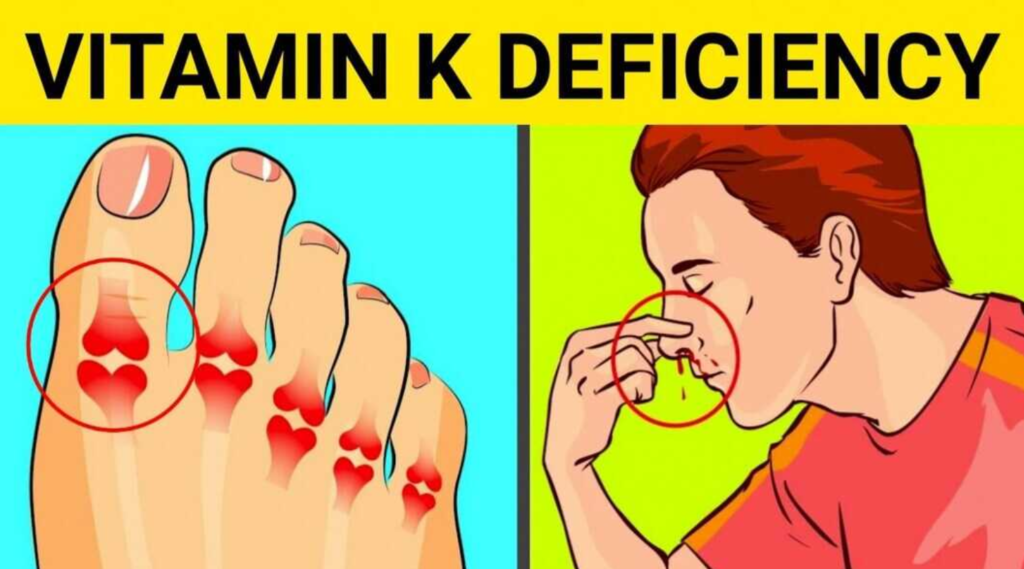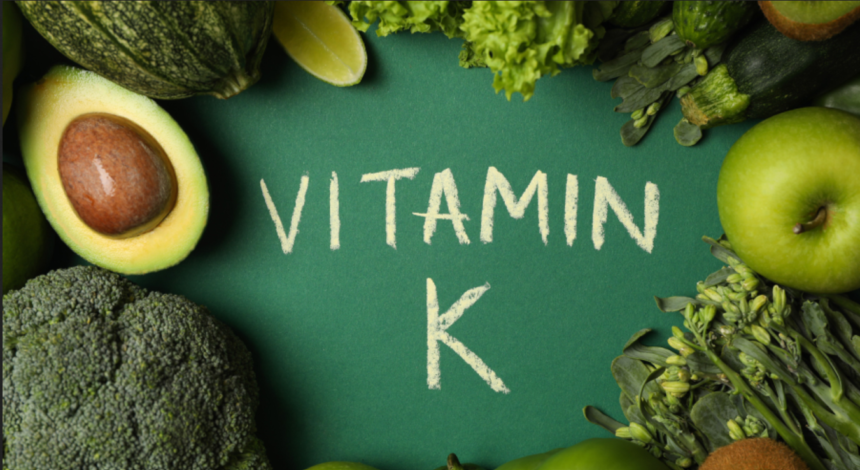Explore the subtle symptoms that may indicate Vitamin K deficiency. Learn to identify and address potential issues early for optimal health.
In the realm of health and wellness, the significance of vitamins cannot be overstated. One such crucial nutrient that often flies under the radar is Vitamin K. While it might not be as mainstream as Vitamin C or D, its deficiency can lead to a myriad of health issues, causing concern among the informed populace.
ALSO READ: Vitamin D: When And How To Harness The Power Of Sunlight

Understanding Vitamin K: The Unsung Hero
Vitamin K is not just a single entity; it comprises a group of fat-soluble vitamins essential for various physiological functions. The primary types are K1 (phylloquinone) and K2 (menaquinone). The former is predominantly found in leafy green vegetables, while the latter is present in fermented foods and certain animal products.

The Clotting Cascade: A Delicate Balance
One of the pivotal roles played by Vitamin K is in the blood clotting process. Without adequate levels, the clotting cascade is disrupted, leading to a higher risk of uncontrolled bleeding. This vital function underscores the importance of maintaining optimal Vitamin K levels for overall health.

The Consequences of Deficiency
Hemorrhagic Tendencies: A Red Flag
Individuals grappling with Vitamin K deficiency often experience prolonged bleeding even from minor wounds. This heightened susceptibility to hemorrhage raises significant concerns, emphasizing the need for a proactive approach to maintaining adequate vitamin levels.

Bone Health Compromised
Beyond its role in blood clotting, Vitamin K also contributes significantly to bone health. A deficiency can compromise bone density and increase the risk of fractures, especially in the elderly population. This underscores the need for a holistic approach to vitamin intake for maintaining overall well-being.
ALSO READ: Benefits Of Vitamin E For Glowing Skin: Unveiling The Secrets To Radiant Complexion

Dietary Sources: Unveiling Nature’s Bounty
Leafy Greens: A Nutrient Powerhouse
For those seeking to fortify their Vitamin K levels, incorporating leafy greens such as kale, spinach, and broccoli into their diet is paramount. These vegetables not only provide an abundance of the vitamin but also pack a punch in terms of other essential nutrients.

Fermented Foods: A Double Whammy
Delving into the world of fermented foods can be a game-changer for individuals aiming to boost Vitamin K2 levels. Natto, a Japanese delicacy, is renowned for its rich content of this vital nutrient. Additionally, fermented cheeses and meats can contribute to a well-rounded vitamin profile.

Overcoming the Challenge: Supplementation Strategies
In scenarios where dietary adjustments prove challenging, supplementation becomes a viable option. Choosing Vitamin K supplements under the guidance of a healthcare professional ensures a targeted and effective approach to addressing deficiency.

Nurturing Health through Vitamin K Awareness
Understanding the implications of Vitamin K deficiency unveils the critical role this often-overlooked nutrient plays in maintaining overall health. From ensuring proper blood clotting to fortifying bones, its influence is far-reaching. Embracing a diet rich in leafy greens and fermented foods, coupled with informed supplementation when necessary, empowers individuals to take charge of their well-being.

Click here, to check HNN’s latest post.
ALSO READ: Unlocking Winter’s Secret: The Ultimate Moisturizer Guide
Image Source: Google




































